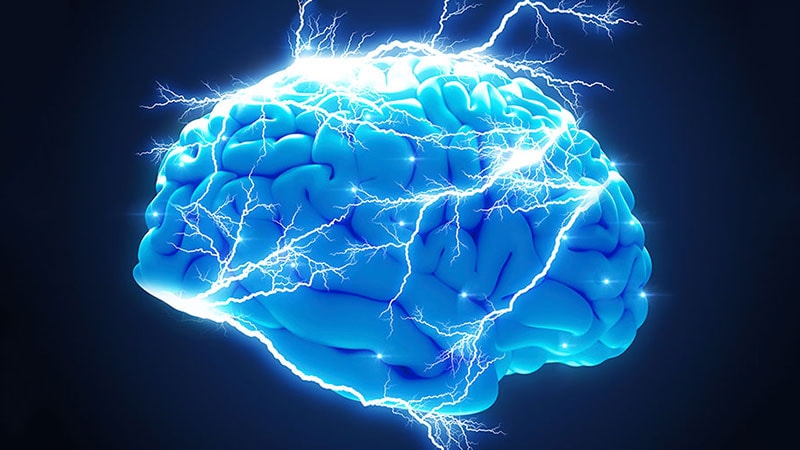Transient Cognitive Dysfunction After AF Ablation Study
Core Concepts
Postoperative cognitive dysfunction after AF ablation is transient and patients recover within a year.
Abstract
The study focused on cognitive dysfunction post-catheter ablation for atrial fibrillation (AF) in patients who had failed anti-arrhythmic drugs. Key points include:
Cognitive dysfunction was initially higher in the ablation group but decreased over time.
No patients in the ablation arm showed cognitive dysfunction at 12 months.
Catheter ablation is crucial for AF management, but its impact on cognitive function was unclear.
Cognitive testing included various assessments over 12 months.
Ablation was associated with a transient cognitive decline followed by recovery.
Further research is needed to explore long-term cognitive effects.
Cognitive Problems Transient After AF Ablation
Stats
"Longer ablation time was an independent predictor of new-onset cognitive dysfunction (odds ratio, 1.30; 95% CI, 1.01 – 1.60; P = .003)."
Quotes
"Among a contemporary cohort of symptomatic paroxysmal and persistent AF patients, catheter ablation was associated with a transient decline in cognitive function in the short-term, followed by recovery at 12 months."
Key Insights Distilled From
by Batya Swift ... at www.medscape.com 07-31-2023
https://www.medscape.com/viewarticle/995008
Deeper Inquiries
How does the stress of the cardiac procedure impact cognitive function post-ablation?
The stress of the cardiac procedure can impact cognitive function post-ablation in several ways. Patients undergoing these procedures may experience a vulnerable state of mind and stress, which can lead to temporary cognitive impairment. Additionally, postsurgical inflammation can cause brief functional alterations in the brain, further affecting cognitive function. Inadequate preprocedural anticoagulation may also play a role in impacting cognitive function post-ablation. These factors combined can contribute to postoperative cognitive dysfunction (POCD) in patients undergoing cardiac procedures like catheter ablation for atrial fibrillation (AF).
What are the potential implications of the study findings on long-term cognitive health in AF patients?
The study findings indicating that cognitive dysfunction post-AF ablation is transient and patients recover completely within a year have significant implications for long-term cognitive health in AF patients. Understanding that the cognitive decline observed post-ablation is temporary provides reassurance to patients and healthcare providers. It suggests that the cognitive changes experienced by patients are likely related to the stress of the procedure and postsurgical inflammation rather than long-term cognitive decline. These findings highlight the importance of monitoring cognitive function in AF patients post-ablation and the need for further research to determine if AF ablation may prevent longer-term neurocognitive decline and dementia development associated with AF.
How can cognitive function assessment post-ablation be optimized to ensure accurate results?
To optimize cognitive function assessment post-ablation and ensure accurate results, several strategies can be implemented. Firstly, it is prudent to use questionnaires that are sensitive to mild cognitive impairment, such as the Montreal Cognitive Assessment or the Mini–Mental State Examination, when evaluating cognitive function. Additionally, cognitive function assessment should be conducted well after the blanking period to avoid any potential impact of inflammation, medications, stress, or feeling overwhelmed from the cardiac procedure. By assessing cognitive function at appropriate time points and using sensitive tools, healthcare providers can obtain more accurate and reliable results regarding the impact of AF ablation on cognitive function.
0
